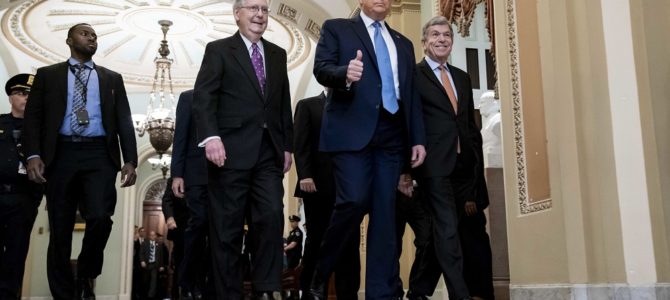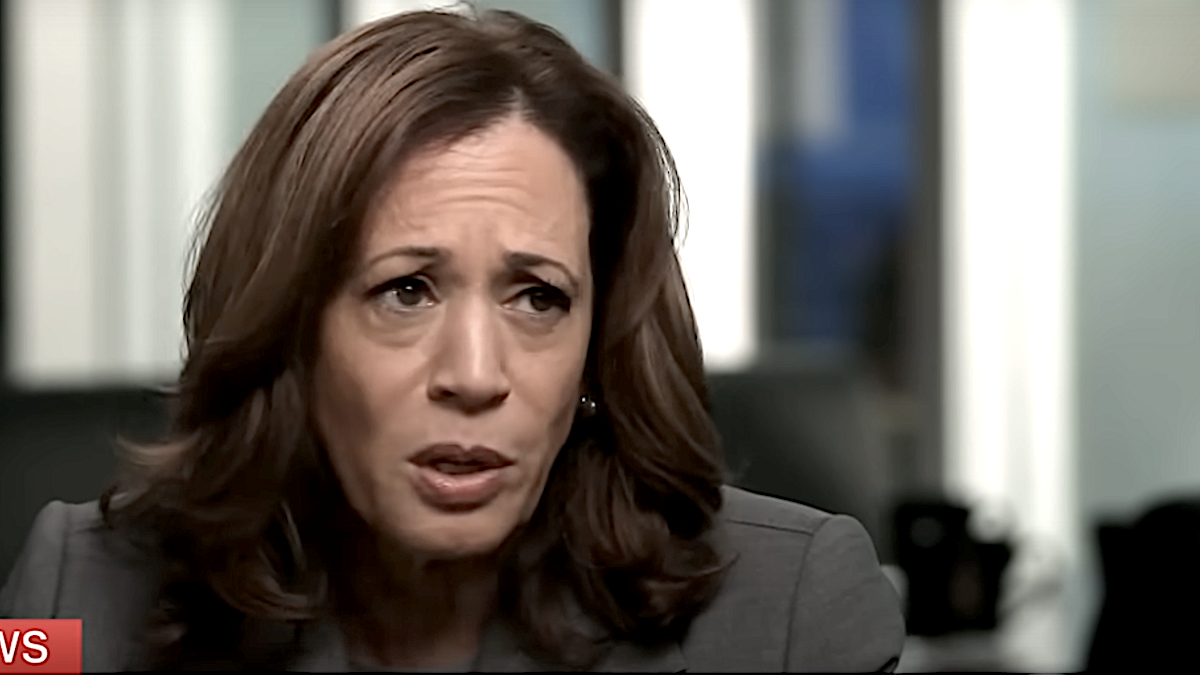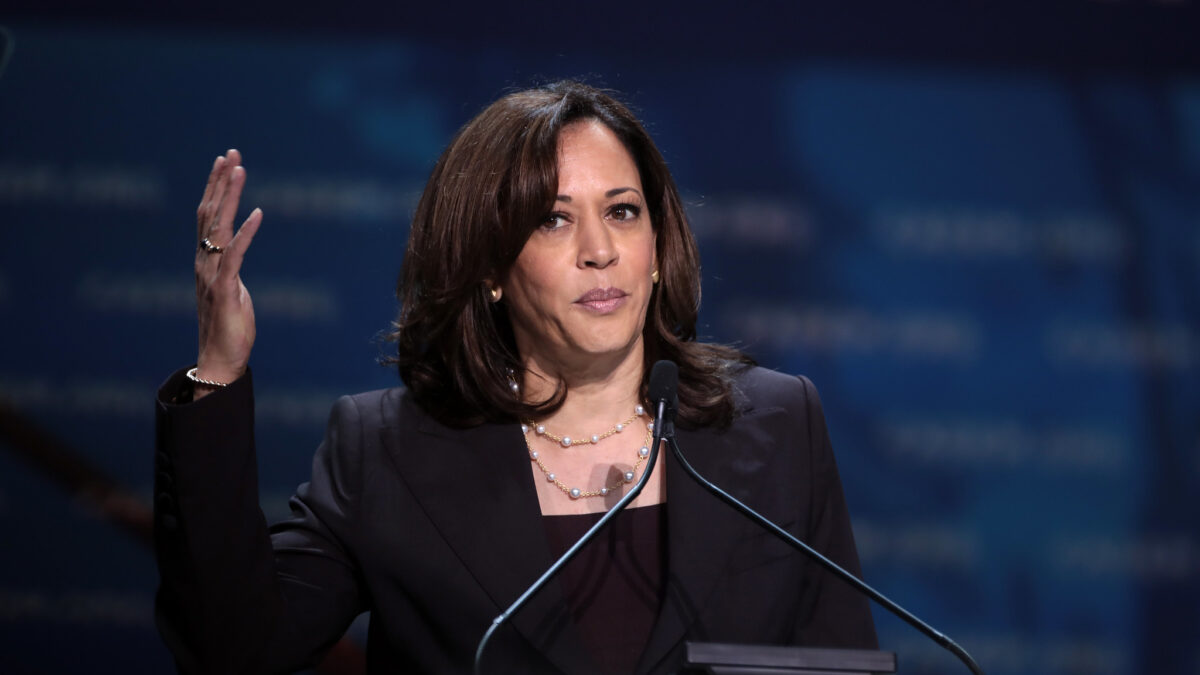
There are reasons major companies got massive loans from the Senate’s “small business” bailout while thousands of small businesses that applied the first day funds were available were told there was no money left. Who is to blame, however, is more complicated.
Imagine bankers who won’t deliver you taxpayer assistance unless you already owe them money. Imagine bankers who will put you at the back of the line so that franchises worth hundreds of millions or even a billion dollars can get the aid first. Imagine a law our leaders passed allowing it. Now understand that what you’ve just imagined appears to be exactly what has happened.
The federal coronavirus bailout has first-come-first-serve rules that kick in once a bank sends a loan application to the government’s Small Business Administration (SBA), but in the interest of speed amid a crumbling economy and under an intense lobbying campaign from corporate interests, the end text of the law was vague at best on how banks are required to treat applicants before sending their requests to the SBA. Because of this, banks that wish to are able to pick winners and losers based on their own incentives, such as previous relationships, existing debts, or simply the potential to earn a profit.
A series of class-action lawsuits filed Sunday in Los Angeles allege that four banks — Wells Fargo, Bank of America, JPMorgan Chase, and US Bancorp — rushed loans to the biggest businesses to maximize their earnings. “In the last three days of [the Paycheck Protection Program],” or just when funds began to run low, the lawsuits notes, “banks processed loan applications for $150,000 and under at twice the rate of larger loans.” According to the plaintiffs, this indicates that the larger loans had been pushed to the front of the line.
But why would it matter? The answer is not all loans are equal. Banks, the suits explain, earned “5 percent on loans of up to $350,000; 3 percent on loans between 350,000 and $2 million; and 1 percent on loans between $2 million and $10 million” — or up to $17,500 for the smallest set, and up to $100,000 for the larger set.
The bankers claim they’re innocent, and that the appearance of different treatment is simply the result of different divisions working at different speeds with different client loads. The end results, however, don’t look pretty at a time Americans are struggling and businesses are shutting their doors forever.
As The Washington Post reports, Ruth’s Chris, a $250 million company, received $20 million in loans ($10 million to each of its two divisions), the $89 million Potbelly Chain received $10 million, and the $1.6 billion colossus Shake Shack received $10 million as well, which it has since returned. Forbes reports that $300 million went to companies that are traded on the stock exchange — not exactly mom and pop.
The banks are in trouble here: There’s a good chance the Senate decides to open up their books and play in their guts when it comes time to account for money spent. The whole problem, though, begins with Congress, which chose the banks as the avenue for the unprecedented government bailout and then, either under pressure from time, lobbyists, or both, failed to set strict parameters, and who so far have not allowed small businesses any legal recourse for how their fates are dealt out.
An Imperfect Avenue
The banks were never an ideal avenue to deliver the Paycheck Protection Program, if there is such a thing as an ideal avenue, but Congress chose them because they are already in the business of making loans. And not all banks are the same: Smaller community banks, which have been lauded for their response to the crisis, have relationships with friends and neighbors and a strong interest in the economic health of the communities they operate in. Larger banks, however, aren’t subject to the same pushes and incentives as their smaller partners, and could be more tempted to serve themselves to the detriment of American interests.
Some bankers, for example, are incentivized to send low-interest loans to endangered clients who owe them a large debt, to funnel taxpayer money toward clients who have large reserves to pay them back with, and to send relief to clients who will generate greater profits for less work. This isn’t completely unnatural, but when employed in the very unnatural system of picking whose business lives and whose dies, it is deeply unsettling. With the money running out, one corporate analyst told The Federalist small business owners suddenly found themselves “in a ‘Hunger Games’ death match without anyone even telling them.”
Bankers prefer to help those who already bank with them first, and in the interest of speed and efficiency, and under pressure from lobbyists, Congress agreed. Some larger companies like Bank of America took this a step further, requiring that businesses seeking loans have a history of owing them money — checking, savings, and employee retirement accounts would not suffice.
On the subject of debtors, banks have an incentive to loan to at-risk firms that currently owe them debts to reduce the bank’s exposure to loss. Although Bank of America reversed its loan-history policy under public pressure, compounding computer and process errors at large banks ended up leaving some of the neediest as well as the most responsible small businesses in the cold.
And as with any business, banks have an incentive to earn a profit. Why write 1,000 loans to small businesses when you can write 10 large loans to firms you already know and earn more money for it? The paperwork alone is less costly.
The final twist is that aggrieved business owners might not have any available recourse. Businesses don’t have standing to sue banks administering the Paycheck Protection Program, a federal judge in Baltimore ruled on April 13, writing that while the “plantiffs’ experiences demonstrate a significant flaw … in the implementation of the massive and complex PPP program,” holding banks liable for how they order loan recipients would frighten banks from participating, thereby undermining “Congress’s goal to maximize relief for American small businesses.”
“It really boiled down to how fast can you get money out the door,” a Senate Republican familiar with the law’s negotiations told The Federalist. “If you had all the time in the world, there is probably a better system,” the Republican conceded, while defending the banks as the best of the limited options: “Insurance companies have never done anything like this, and if Treasury were to take applications for the aid, it would have to develop a process to do so. It would face the same challenges as SBA, but in addition it would not have the muscle memory of loan approvals. Remember, SBA approved 14 years worth of loans in less than two weeks.”
In the end, those who relied on the major banks appear to have lost out when compared with their peers who worked with smaller banks. “The vast majority [of small businesses that received loans] got theirs from a small regional bank,” Yahoo! Finance reported. A statement from the American Bankers Association agreed, saying, “Approximately 60 percent of… loans were made by community banks.”
But large banks are large for a reason, so their responsibility in this time of crisis is large as well.
“Congress is better positioned to remedy any defects in the CARES Act,” the Baltimore federal court ruled. And that is a fact. The House and Senate owe a duty to our country to reel in the guilty banks and ensure that our debt, and the debt we are saddling our children with, serves those Americans who need it most — no matter what the bankers think or say.
If not with the carrot, then with the stick.









